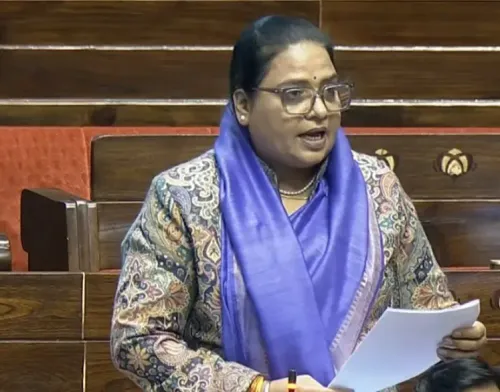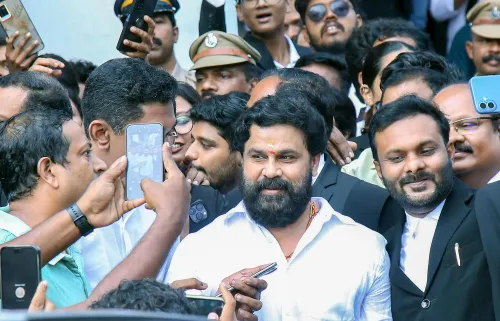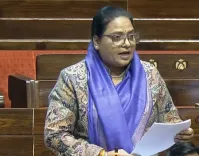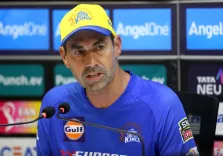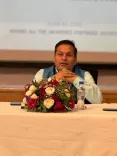Supreme Court Allows Maharashtra Government Two Weeks to Address Surendra Gadling's Bail Application
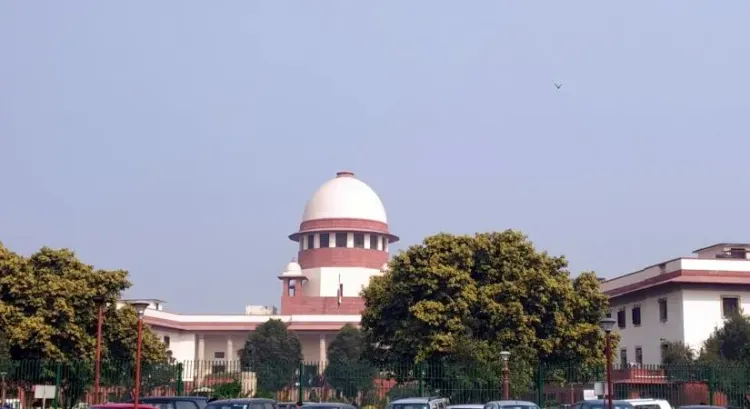
New Delhi, Dec 4 (NationPress) The Supreme Court has granted the Maharashtra government a period of two weeks to submit a counter affidavit regarding the bail application of lawyer Surendra Gadling, who has been imprisoned in relation to the 2016 Surjagarh iron ore mine arson case.
A bench led by Justice M.M. Sundresh was reviewing a special leave petition submitted by Gadling challenging the rejection of his appeal under Section 21(4) of the NIA (National Investigation Agency) Act for bail.
The legal representative for the Maharashtra government requested a 'final opportunity' to present the counter-affidavit, citing delays in the translation of regional documents.
Senior advocate Anand Grover, who is representing Gadling, informed the Bench, which also included Justice Aravind Kumar, that the Maharashtra government has sought postponements on eight different occasions.
Gadling has been incarcerated for five years and ten months while the trial is still at an early stage, he pointed out.
The apex court remarked: 'This case requires a hearing. It is not an ordinary situation. We will assign a specific date. Schedule it for two weeks from now.'
In October 2022, the apex court had consented to review Gadling's plea and requested a response from the Maharashtra government. The anti-terrorism agency has accused Gadling of allegedly collaborating with Maoist rebels to ignite 76 trucks transporting iron ore from Surajgarh mines in Maharashtra. Additionally, he is purportedly connected to the Bhima Koregaon-Elgaar Parishad violence, where conflicts arose among different caste groups following 'provocative' speeches delivered by Kabir Kala Manch activists on December 31, 2017, in Pune.
Gadling asserted that he is a criminal law expert with over 25 years of experience and has been falsely accused in this matter, contending that there is no prima facie case against him and the evidence presented by the prosecution is neither trustworthy nor permissible.


